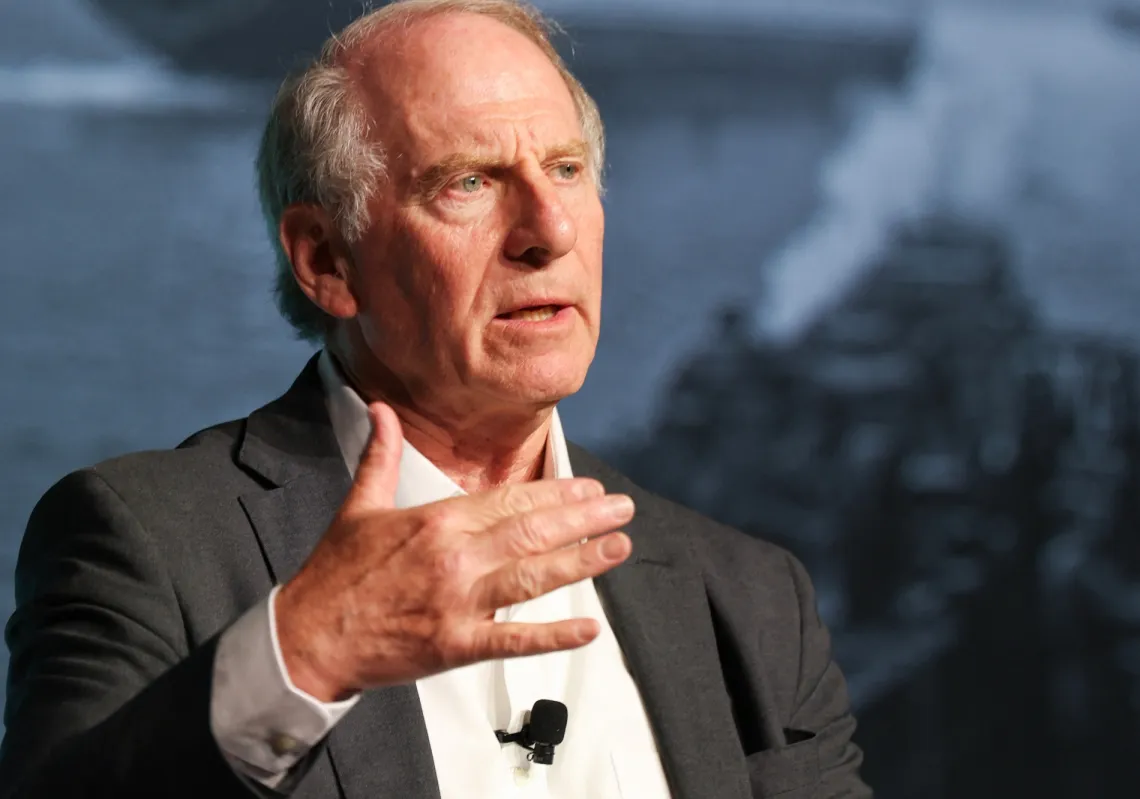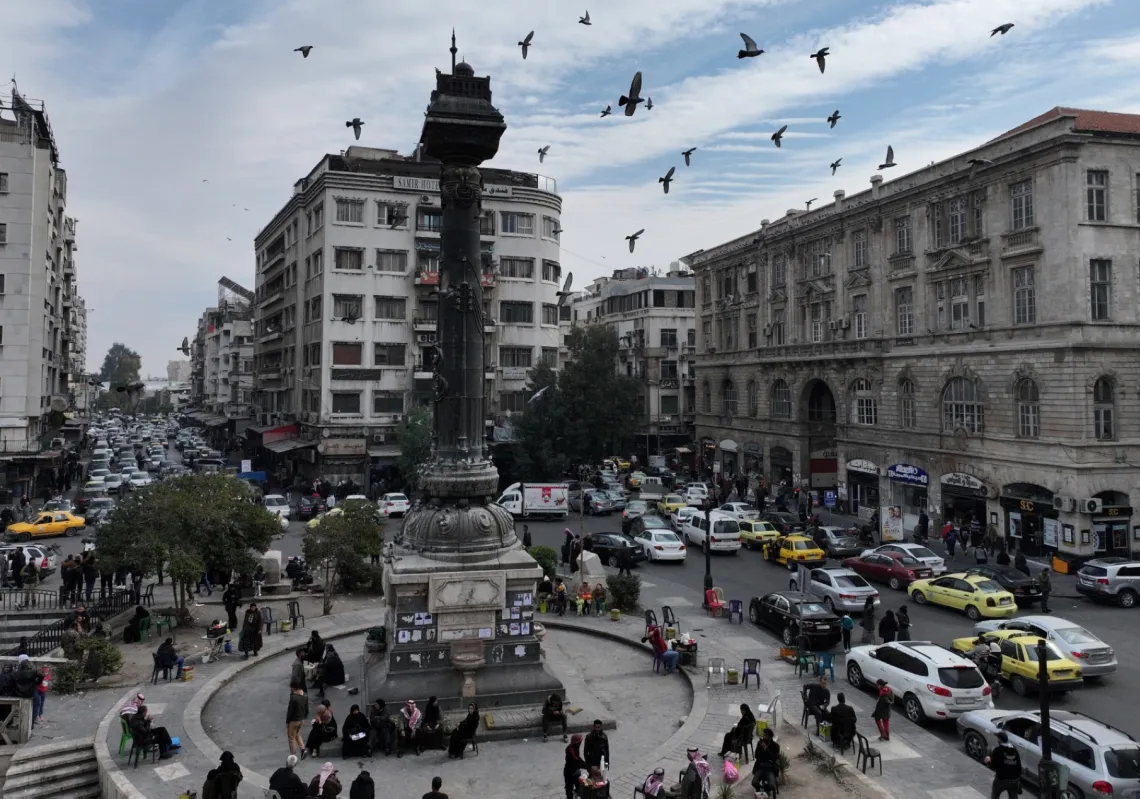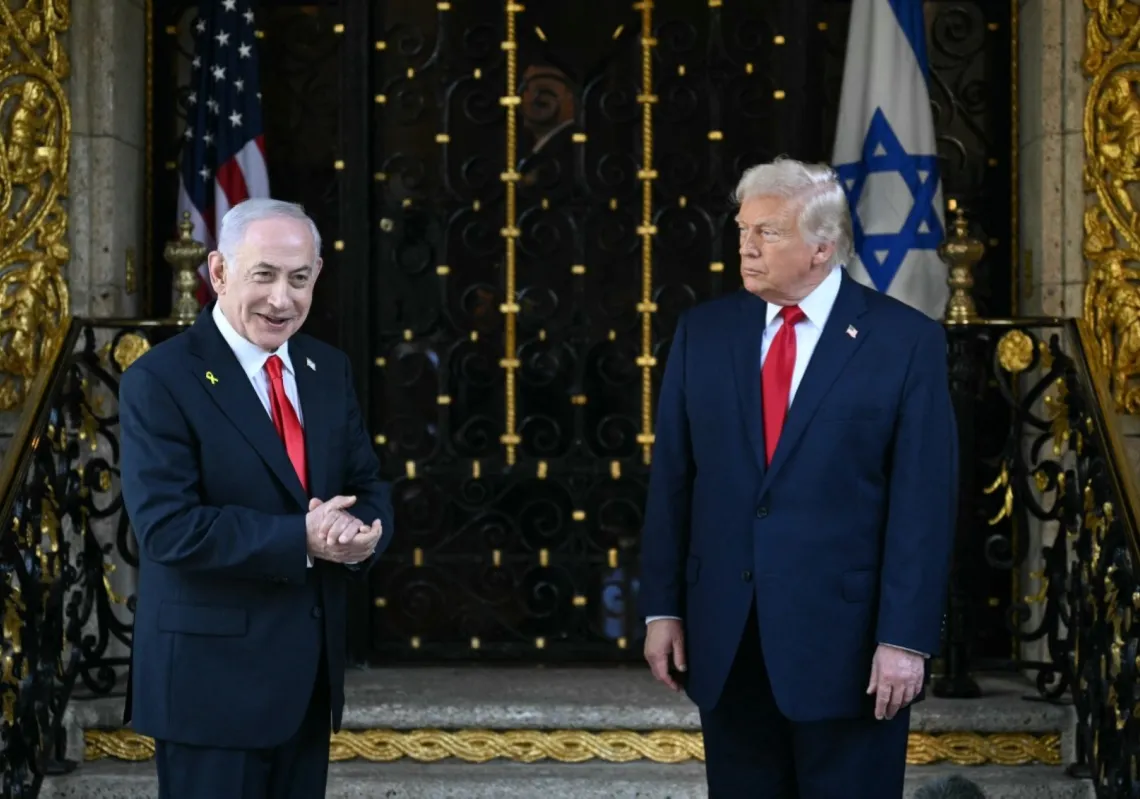As coincidental as it may seem, Masoud Barzani the President of Iraqi Kurdistan, was born on 16 August 1946, the day the Kurdistan Democratic Party was founded. He is often quoted as saying: “I was born in the shadow of the Kurdistan flag in Mahabad (Iran) and I am ready to serve and die for that same flag.” In 1979, he succeeded his father, Mustafa Barzani as the leader of the KDP and was instrumental in spearheading the Kurdish struggle during the Iran-Iraq War.
The late Mustafa Barzani, Masoud’s father, was head of the military of the former Kurdish Republic of Mahabad, and led several armed struggles in the name of his people. At an early age, Masoud was motivated by his father’s courage and determination, aspiring to follow in his footsteps. When he was 16, he decided to sacrifice his education to join the Peshmerga forces.
In 1970, Masoud became a member of the Kurdish delegation that held talks with the Baath government in Baghdad. On 11 March that year, an agreement was signed in which the federal government promised to grant autonomy to parts of the Iraqi region of Kurdistan. When it quickly became evident, however, that the Iraqi government would not fulfill this promise, the region’s armed struggle resumed. Again, Masoud and Mustafa Barzani fought side-by-side.
Sadaam Hussein’s defeat in the first Gulf War permitted the Kurds to regain much of the territory they had previously lost. The US government established the area as a safe, no-fly zone within Iraq. Shortly thereafter, the Kurdistan region of Iraq was granted the status of an autonomous safe haven and the central Iraqi government withdrew its administration from the region. It was placed under the jurisdiction of two political parties the KDP, led by Barzani, and the PUK, led by Jalal Talabani. The region was divided into two the KDP occupied the Northwest and the PUK controlled the Southeast.
In the ensuing years, constant feuds took place between the two factions. In August 1998, the United States, led by Madeleine Albright, sponsored bi-party negotiations. At the talks, both leaders agreed to sign a peace accord. The agreement was reinforced on 4 October 2002, when both Barzani and Talabani made a public apology to the families of the victims who had suffered the effects of their internal conflict.
After the 2003 invasion of Iraq, Barzani became a member of the Iraqi Governing Council. He was later elected President of the Council in April 2004. In June 2005, Barzani was elected President of the Iraqi region of Kurdistan. In July 2009, Barzani was re-elected in the first direct regional presidential election receiving more than 68% of the votes. He has also been very active in international diplomacy. Over the past five years, he has visited several important figures including former US President George Bush, former British Prime Minister Tony Blair, and King Abdullah of Saudi Arabia. Most recently, on January 25, 2010, Barzani met with US President Barack Obama in the White House.
In a 27 January 2010 interview at the Brookings Institute Saban Center for Middle Eastern Policy Barzani discussed in detail what he foresaw as the most important issues facing both the region and the Iraqi nation. Barzani highlighted the importance of fair, free, and transparent March elections marked by high voter turnout and the absence of violence (i.e., terrorism and mingling from Iraq’s neighbours). Furthermore, he fully supported the participation in the elections of former Baath party members with a clean record. Barzani also expressed his support for the possibility of forming power-sharing agreements to govern the country following the election.
At a national level, Barzani believes that, within a Federal Democratic Iraq, the Kurdish region can act as a “bridge from Iraq to Europe”, a gateway for stable foreign investment. In order to improve existing relations with the central Iraqi government, he expressed his desire to resolve several key outstanding issues, most notably Kirkuk. Although the UN has proposed several plans to attempt to resolve this issue, Barzani believes that the true solution lies in Article 140 of the Iraqi constitution.
He also expressed as a priority revenue sharing of the hydrocarbon law. Although the Kurdish government of Iraq agreed to a 17% share, he believes that those revenues should be distributed, under a supervised system, directly to his region. Otherwise, according to Barzani, the central government can use this as a political card to make unfair demands on the people of Kurdistan.
He also emphasized an important military issue. Under the Iraqi constitution, the Peshmerga forces are considered regional guards and are part of the national defense system, therefore he believes that they should be funded at a federal level. Even more significantly, only 8% of the Iraqi army is made up of Kurds compared to 48% Shiites and 44% Sunnis. According to Barzani, “we do not see any justice in that. It needs to be adjusted” so that we are “a true representation of the Iraqi society.”
In his 30 plus years of service to the people of Kurdistan in Iraq, Barzani has seen genocide, chemical warfare, and even the destruction of 90% of the region’s villages. The former Baath regime killed three of his brothers and 32 members of his family. His ancestral village of Barzan was destroyed 16 times by Iraqi regimes. Barzani, has shown tremendous resilience, determination, and perseverance. Despite all of the challenges facing the region, he represents the hope of what Iraq could eventually become: a symbol of success and stability. Furthermore, his knowledge of Kurdish, Arabic, Persian and English makes him an important diplomat in helping Iraq forge better ties both at a national level and with the rest of the Middle East region. This will play a key role in preventing Iraq from falling back into ethno-sectarian violence as American troops withdraw from the country.








